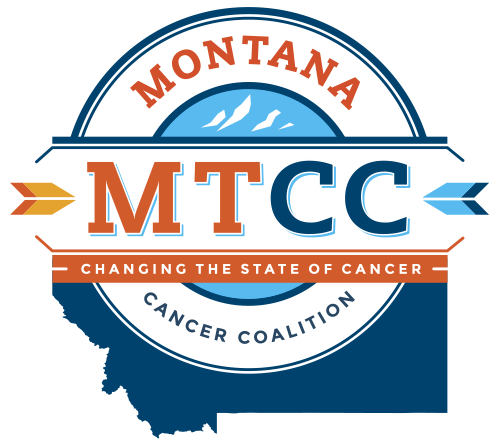Clinical Trials in Montana
Clinical trials are a critical component to the advancement of cancer treatment. Patients with a diagnosis of cancer, if eligible, volunteer to participate in a clinical trial. These research studies generally compare the current standard of care with either a new drug or an additive therapy to minimize side-effects. The term clinical means that these studies are done with human participants in a clinical setting. For instance, at the facility they are receiving treatment for cancer. A trial means data is collected from all participants and evaluated for how well the new treatment worked.
Types of Clinical Trials
Before a new drug or intervention even makes it to a clinical trial, it has been tested in a laboratory setting first to get an idea of how it will work. Once the new intervention is approved by an ethics board of medical experts, a trial coordinator will recruit patients for a Phase I Clinical Trial. Phase 1 trials are done at research universities to get understand how much of a new drug or drug combination can be given safely to participants. Phase II trials look at the efficacy and side-effects of a new drug. Once a drug or drug combination has passed phase I and phase II clinical trials, a phase III trial is done to compare the new treatment with the standard of care. In Montana, there are phase III, as well as many phase II and even phase I clinical trials currently ongoing.
For more information about clinical trials or a trial that you or a family member may be interested in participating in, take a look at the following resources:
American Cancer Society:
Montana Cancer Consortium:
Montana Cancer Consortium is a 501c3 funded entirely through a grant from the National Cancer Institute. They are one of 46 funded community sites across the United States funded through the NCI Community Oncology Research Program (NCORP). Through NCORP they are able to bring state-of-the-art cancer treatment, prevention, supportive care, symptom management, screening, surveillance, and care delivery research to people in their home communities. For more information on NCORP you may visit www.ncorp.cancer.gov.
For all ongoing clinical trials:
***You can also ask your nurse navigator or oncologist if you may qualify for a clinical trial.***

